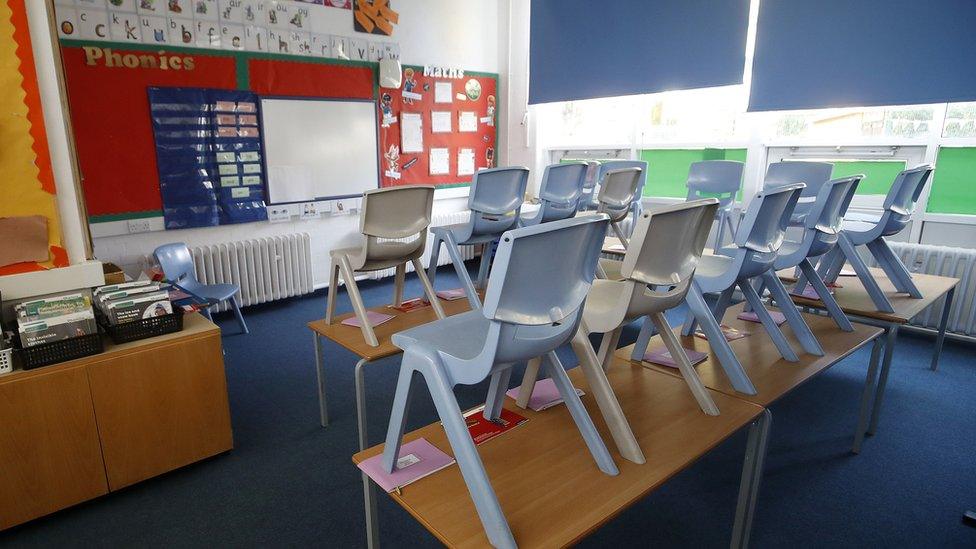Primary schools: Send children to school on Monday, says PM
- Published
Sunday: Boris Johnson says the risk of schools to children is "very small indeed"
Parents should send children to primary school on Monday if they are open, the prime minister has said, responding to concerns over rising Covid-19 cases.
Boris Johnson said there was "no doubt in my mind that schools are safe" but did not rule out further closures.
Several councils have written to the education secretary asking for schools in their area to be told to stay shut, following closures in London.
Labour's Sir Keir Starmer said it was "inevitable" more schools will shut.
Mr Johnson told BBC One's Andrew Marr Show the risk to children was "very, very low" and the benefit of education was "so huge".
The prime minister also indicated that tougher regional measures may be required in parts of the country in the coming weeks to curb rising infections.
The two-week school closures in London and south-east England were "exceptional" due to the fast-spreading new variant of Covid-19, he said.
Most primary schools in England are expected to open on Monday. However, unions are telling primary school staff it is unsafe to return to work and are calling for remote learning to be introduced across all primaries.
A growing number of councils in England are calling on the government to delay the reopening of primary schools, with local authorities in Wolverhampton, Cumbria and Kent asking for a delay to the start of term on Monday.

'Morally, I think they should close, but practically, no.'
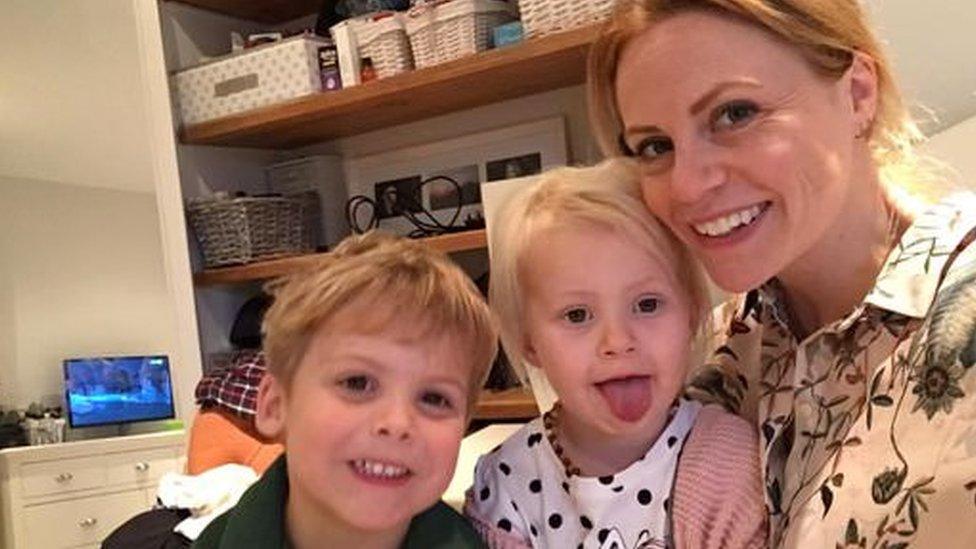
Gemma Cocker with her children Charlie and Lyla
Brighton and Hove Council has advised primary schools to stay closed meaning Gemma Cocker's five-year-old son Charlie will not be going to school while her daughter Lyla, who is four, may still be able to go to nursery.
Gemma and her husband have been working from home since March, but now they will once again have to add childcare to the mix.
"We'll try to home-school him," she said of Charlie. "He regressed a little bit last time, he's young in the year."
Mrs Cocker, 36, added: "The whole thing is ridiculous, can a decision just be made? At a time when many parents are returning to work next week, to have this uncertainty is adding to already stressed out families.
"Morally, I think they should close, but practically, no. It's a hard one."

Mr Johnson said that while school closures would be kept "under constant review", the government would be "driven by public health considerations and by the massive importance of education".
"And if you think about the history of the pandemic, we've kept schools going for a long, long time in areas where the pandemic has really been at really high levels," he said.
Sir Keir said tighter measures needed to be introduced nationally in the next 24 hours and criticised the PM for "hinting" at further restrictions coming into force.
The Labour leader said he did not want to "add to the chaos" that would be caused by schools closing on Monday, but said it was "inevitable" more would have to shut.
"The government needs to plan for children's learning but also for working parents," Sir Keir added.
On Friday, Education Secretary Gavin Williamson announced that all of London's primaries would remain shut to most pupils, after pressure from local councils to reverse an earlier decision to keep only schools in certain boroughs closed.
Mr Johnson said his message to councils and schools was to be "guided by the public health advice" which at the moment is "that schools are safe in those areas where we're not being driven by the new variant to close them".
But he said "we've got to be humble in the face of the impact of this new variant of the virus" and warned there would be "a very difficult few weeks and months" until the vaccine comes into effect.


Keeping schools open for all pupils has been one of the red lines ever since the first national lockdown.
All the evidence so far suggests primary school children have one of the lowest levels of infection when it comes to symptomatic cases.
If you include asymptomatic infection the picture changes, but the evidence suggests such cases are less likely to lead to onward spread.
And, of course, the risk of serious illness in this group is pretty rare.
The rise of the new variant has increased cases generally, although Public Health England says there is still no evidence yet that this new variant transmits more in children than other variants.
There is understandable concern about teachers. Research by the Office for National Statistics suggests they have been at no greater risk of infection than other professions working outside the home.
The new variant could, of course, change this, which is why the unions are concerned.

The prime minister admitted the tier system in England may need to get tougher and "clearly school closures which we had to do in March is one of those things" but added it was "not necessarily something we want to do".
Asked whether exams should be cancelled, Mr Johnson did not answer directly but said "we've got to be realistic" about the pace at which the new variant was spreading and its impact on the NHS.
The National Education Union has advised its members it is not safe to work in primary schools and said all schools should remain closed for a further two weeks, while other major teaching unions have called for a period of remote learning while safety measures are put in place.
In Scotland, First Minister Nicola Sturgeon has asked for the Scottish Parliament to be recalled so she can make an "urgent statement", with her deputy John Swinney tweeting that ministers would meet "to consider the current advice in relation to schools and early learning".
Head teachers in Wales as well as England have begun legal action to force ministers to reveal data behind the decision for some schools to reopen - which the Department for Education said is based on new infections and pressure on the NHS in local areas.
Anne Longfield, the Children's Commissioner for England, called for teachers to be vaccinated "as a priority", as she said that any school closure should be for "the absolute minimum of time and that time must be used very well".
Writing in the Sunday Telegraph, external, Ofsted chief inspector Amanda Spielman said "children's lives can't just be put on hold", echoing the point that school closures should be kept to an "absolute minimum".
Greater Manchester mayor Andy Burnham said the government's "top-down" and "blanket" approach to schools reopening should be changed to allow head teachers to make decisions based on local public health advice.

What's happening with schools across the UK?
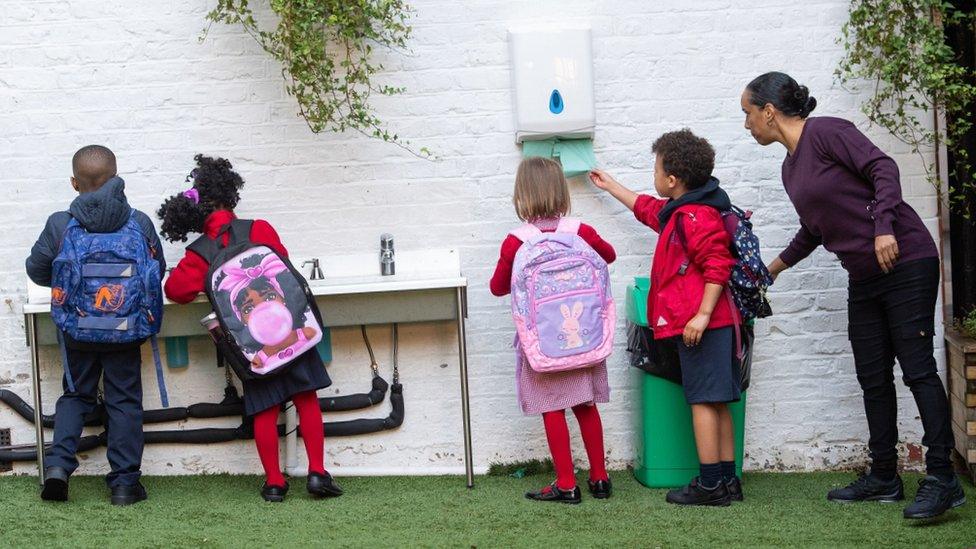
Most primary schools in England will return on 4 January, but in London and some surrounding areas they will not open for most pupils until 18 January. Secondary schools in England will stagger their return with pupils taking exams in 2021 starting on 11 January, and other year groups returning in person on 18 January.
In Wales, local councils have been told they can be "flexible" with when they open - with many schools aiming to return for face-to-face lessons from 11 January.
In Northern Ireland, primary school pupils will be taught online until 11 January. In secondary schools, years 8 to 11 will be taught online throughout January. Years 12 to 14 will return to school after the first week of January.
In Scotland, the Christmas holidays have been extended to 11 January, and the following week will be online learning only. A full return to face-to-face learning is planned for 18 January but First Minister Nicola Sturgeon has warned measures may have to go further with a cabinet meeting to be held on Monday.


TESTING: How do I get a virus test?
LOOK-UP TOOL: How many cases in your area?


BEST OF 2020: Barack Obama reads from his new and compelling presidential memoir
BEST OF 2020: Grounded with Louis Theroux


Are you a parent of schoolchildren? Or are you a teacher? How will this advice affect you? Email haveyoursay@bbc.co.uk, external.
Please include a contact number if you are willing to speak to a BBC journalist. You can also get in touch in the following ways:
WhatsApp: +44 7756 165803
Tweet: @BBC_HaveYourSay, external
Please read our terms & conditions and privacy policy
If you are reading this page and can't see the form you will need to visit the mobile version of the BBC website to submit your question or comment or you can email us at HaveYourSay@bbc.co.uk, external. Please include your name, age and location with any submission.
- Published23 February 2022
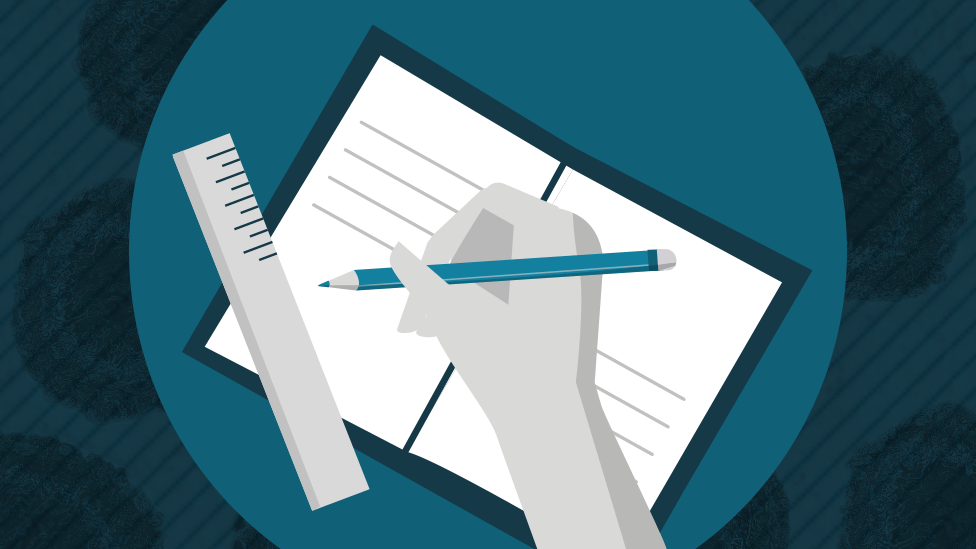
- Published6 January 2021
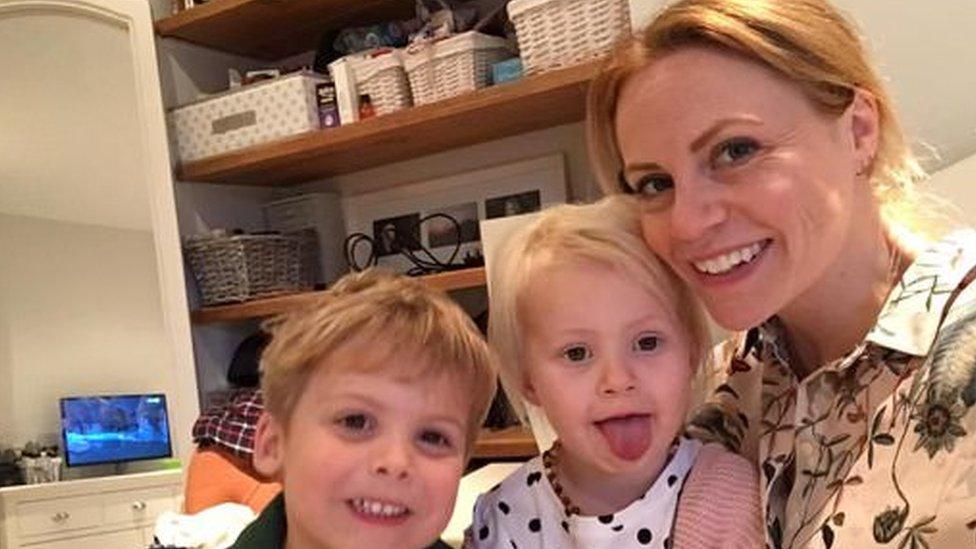
- Published3 January 2021
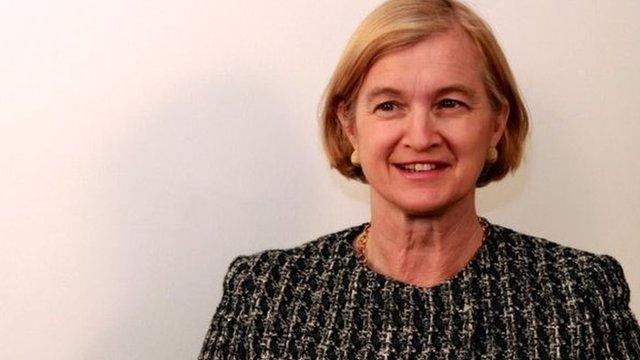
- Published2 January 2021
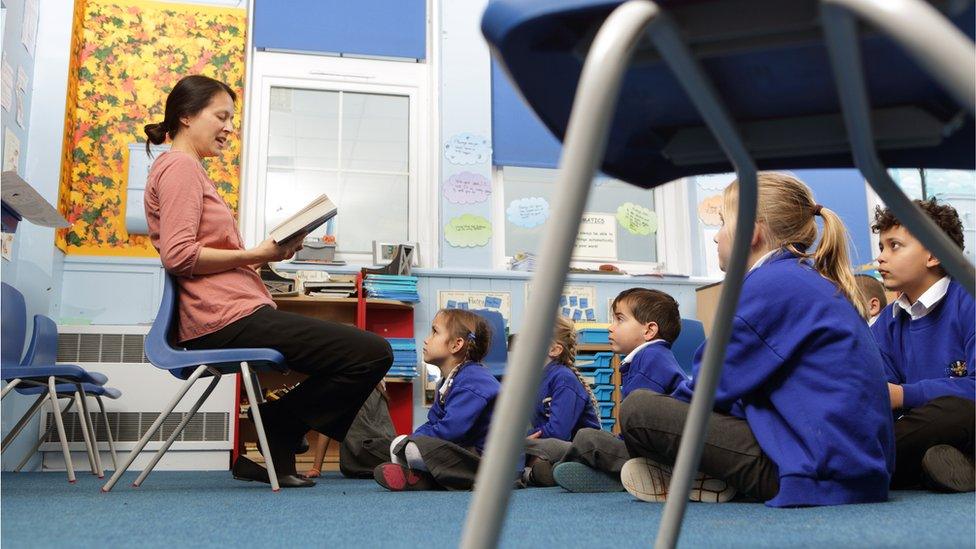
- Published15 December 2020
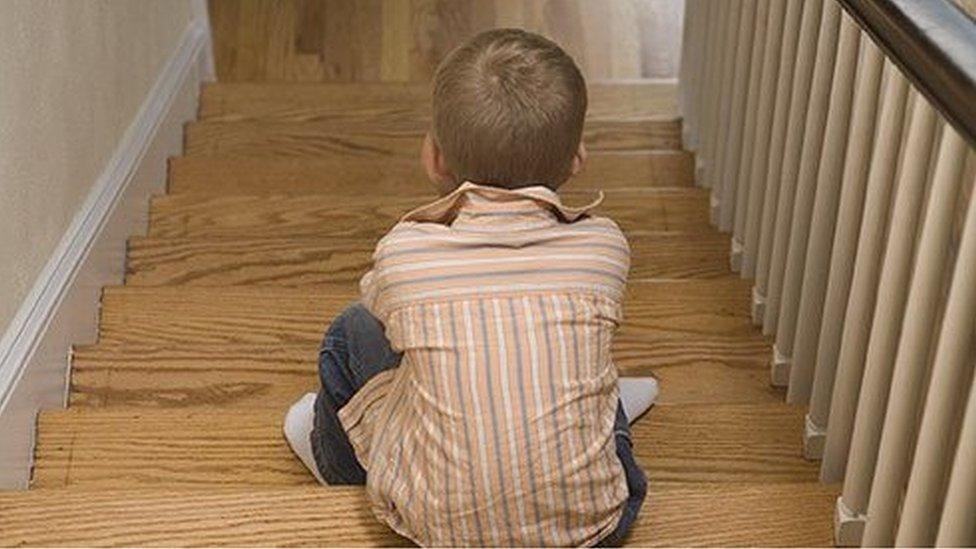
- Published10 November 2020
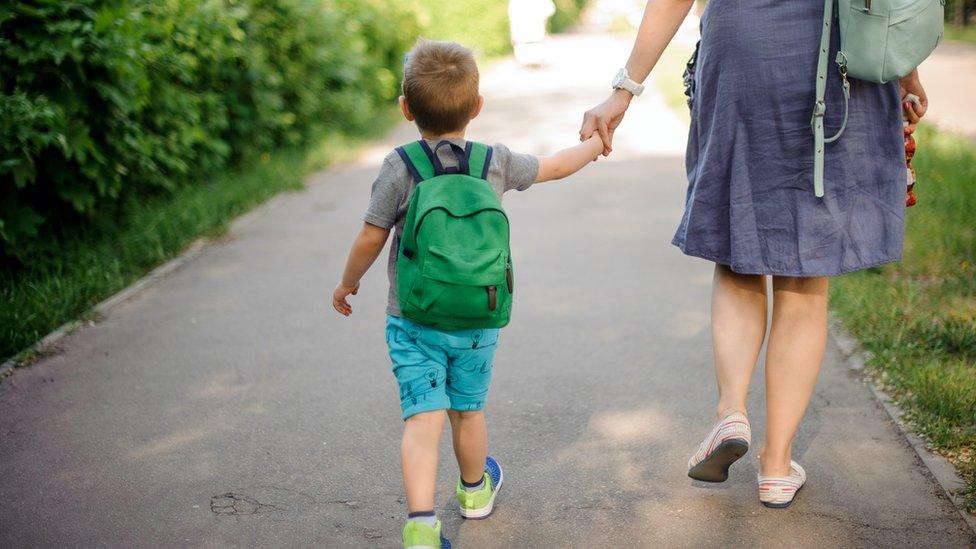
- Published27 April 2020
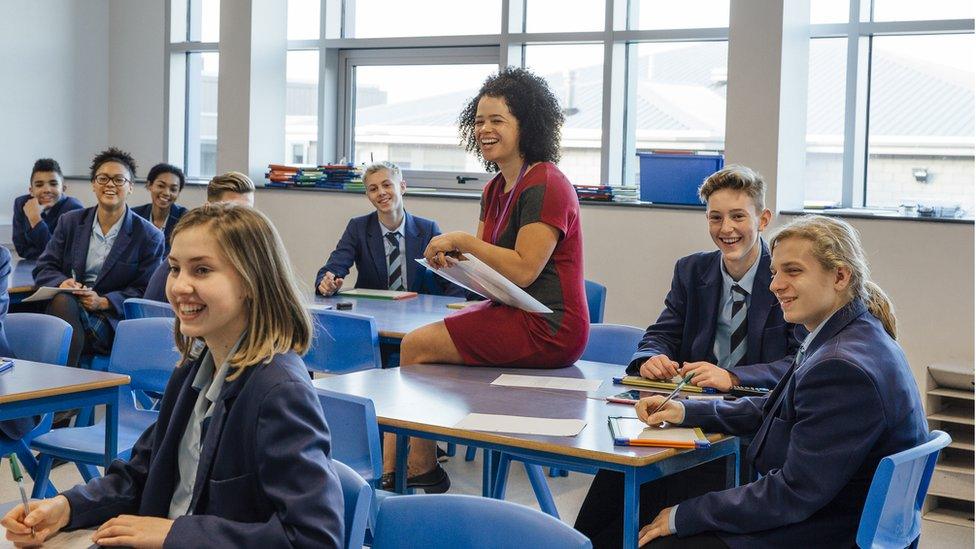
- Published1 January 2021
